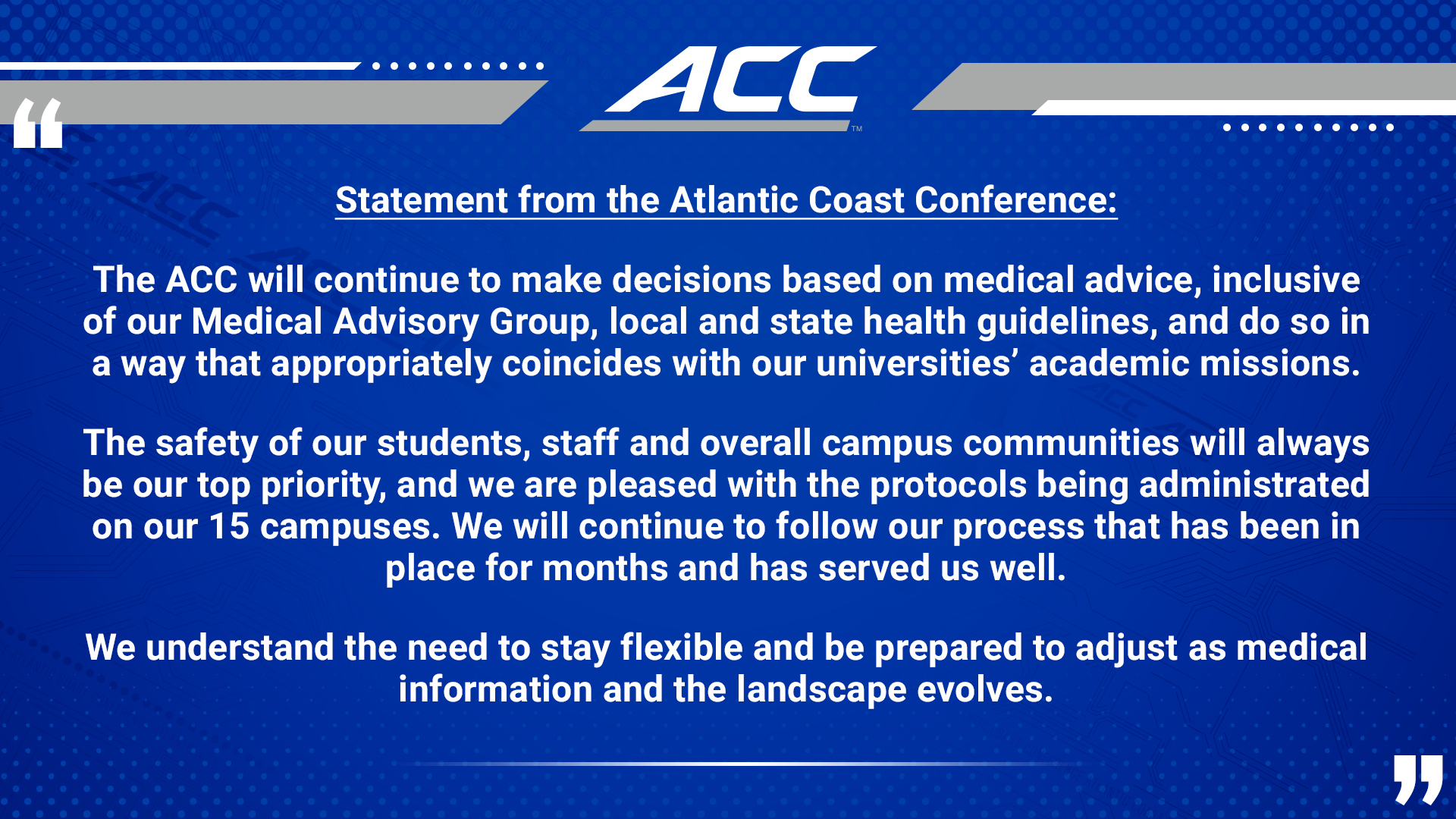You have to wonder how hundreds of thousands of people across the country now have myocarditis and nobody’s reporting it.
There is logic there, although reality is that things don't work that way. The truth is that the symptoms of myocarditis overlap with the symptoms of COVID and are likely not to be diagnosed unless the symptoms are severe and push someone into overt heart failure. What we don't know is the clinical significance of most cases of myocarditis from COVID-19. But we do know that quite a lot of people are having significant lingering shortness of breath, fatigue, poor appetite, intermittent fever, chest pain in their process of recovery from COVID-19 and weeks after. What has been more recent is investigating the cause of this being specifically myocardial inflammation and discovering that some degree of inflammation is frequently present in recovered patients even without significant symptoms. However, someone playing high level athletics is going to be much more acutely aware of and limited by even a milder case of myocarditis, and a high level athlete is likely to have more ready access to physicians who are inclined to try and determine the cause of someone's difficulty with exertion rather than informing someone that they are simply still recovering from the infection. Unfortunately, it is not simply a process of recovery. Myocarditis can cause permanent damage which could cost an athlete their career.
All that said, an ACL tear could do the same. It is not new that athletes encounter risk. The idea that we are discovering greater and more uncertain concerns about the risks of COVID to athletes, is valid, but as has been pointed out several times, the risk to someone posed by COVID contracted in the community is the same as the risk posed by COVID contracted through athletics. It's valid to question whether keeping athletes in a training program with special restrictions and
not playing football is lower risk than doing the same and playing football, but the probability when using common sense does seem to be that if they are pursuing competition they will keep themselves safer, be more regularly screened for symptoms and tested for illness, and therefore end up at lower risk. If a more formal analysis yields the same conclusion, the concern for athletes here is
liability. And to me that is a bunch of BS that shows how backwards our society can be, but it is a financial reality for schools so I don't begrudge them trying to quantify it.
Risk to athletes is
not my concern when projecting a season. Firstly, the decision-making is largely financial. Athletic departments heavily depend on football income, and some are in much more vulnerable positions than others. And a lot of that income for many programs relies on butts in the seats. Fans showing up to the stadium is a whole different ball-game when talking about risk, and it
might make financial sense to delay football if it's reasonable that you can safely put more butts in the seats in January onward. I'm also surprised there is little discussion about the liability of people getting COVID at a football game. But I'm not a law expert, so maybe there's less risk that a school could be held responsible in that situation.
My other concern is in looking to baseball in particular. This is not so much that someone will test positive, have to isolate, and everyone else gets to play the games or play the following week. 1 positive means isolation for a lot of people, and then you get cascade effects with persistent positive tests or 1 person seeding to another with a delay in onset seeding to another with a delay in onset, and teams will just be sidelined for a month waiting until everyone is clear. Or if a team plays a player on Saturday who tested negative but on Monday tests positive -- does that mean the other team has to go into lockdown for 10 days? Etc. Even if there is limited risk to players and you come up with safe ways to keep infections from spreading, those ways might mean a significant chunk of the season doesn't actually get played, and I can certainly understand (especially with vaccinations on the horizon) people thinking the odds of actually getting the games played will be higher in the Spring.

